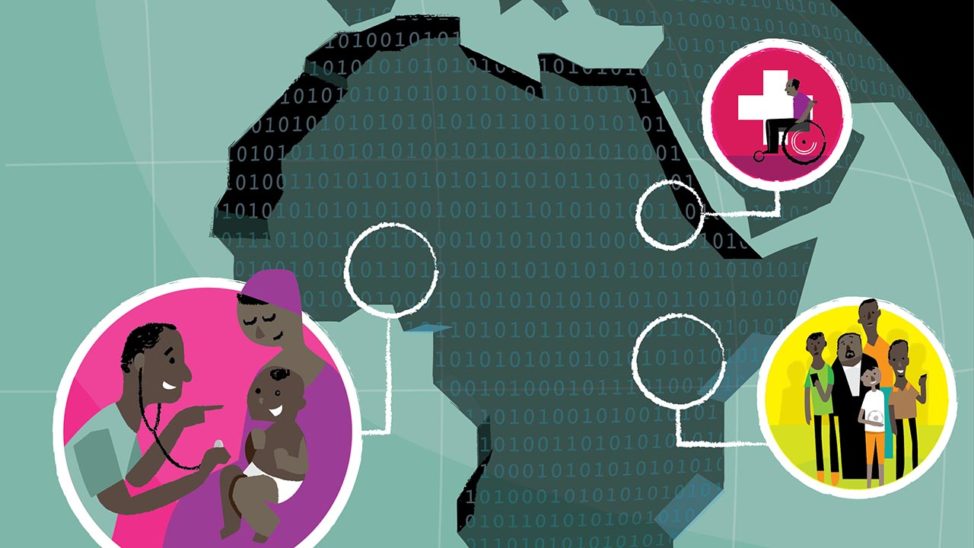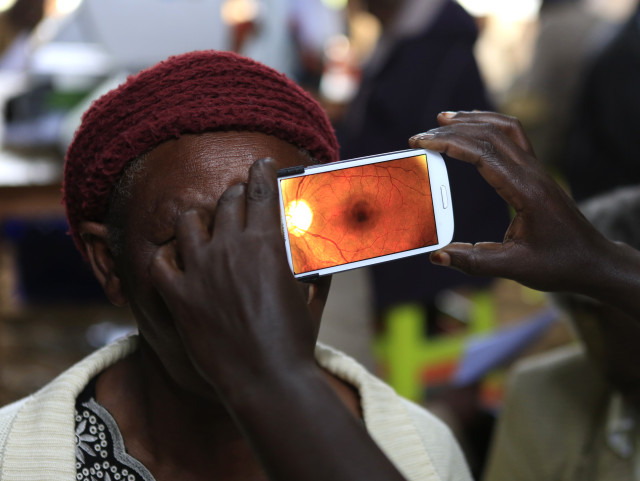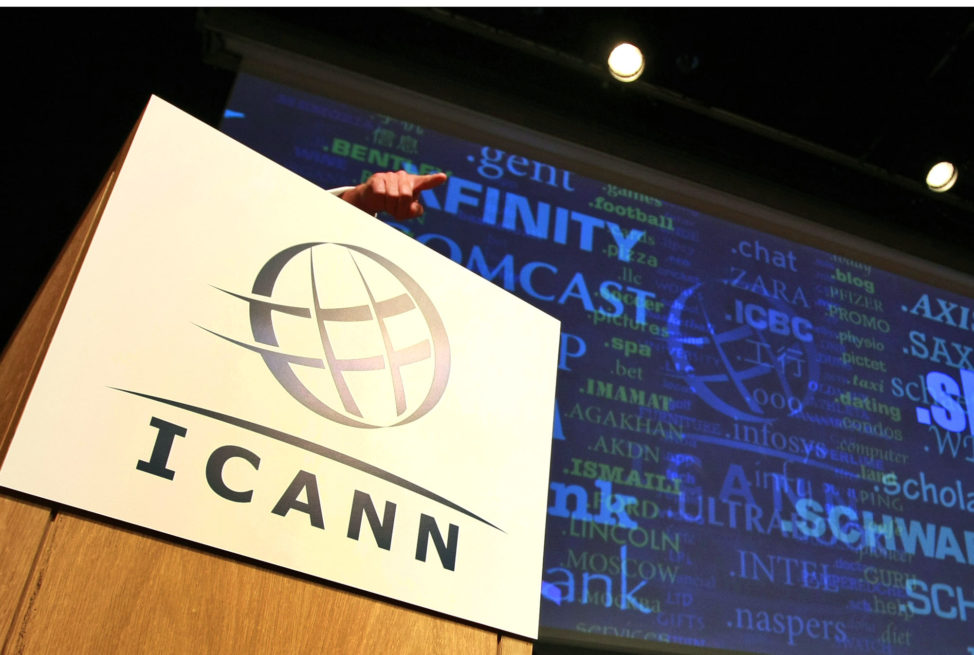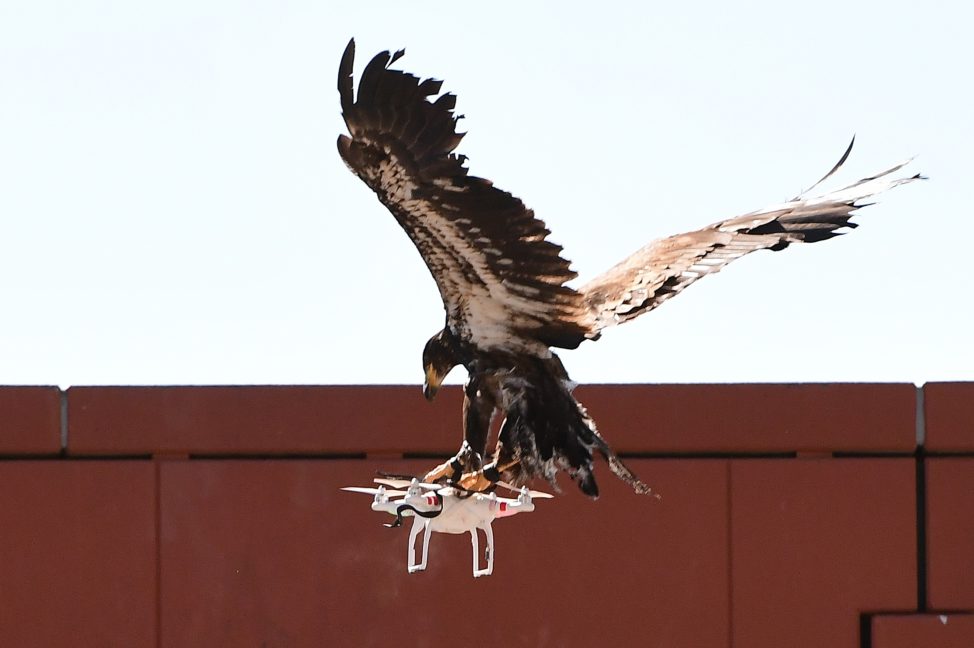Posted September 9th, 2016 at 9:14 am (UTC-5)

(VOA/ B. Williamson)
A California-based nonprofit is leveraging big data in the U.S. and Europe to zero-in on unemployment challenges and healthcare gaps. Using data science, the group hopes to create a global database to help developing countries as well.
A global database that identifies underserved and high-risk populations could allow governments, caregivers and social services to focus intervention efforts on the areas that need them most with maximum effect.
“We believe that data science – using algorithms and software – can have massive impact by redesigning those social services,” said Bayes Impact Co-founder and Executive Director, Eric Liu.
Bayes Impact builds open source data science projects at scale, meaning it uses algorithms to process information from millions of medical or unemployment records. Using the data, caregivers can then zero-in on populations that are not getting access to medical or employment services.
In California, for example, the group has partnered with the Robert Wood Johnson Foundation and Sutter Health to build software to predict risk of hospitalization among disadvantaged populations.
The goal is to help physicians identify patients who are not receiving follow-up care or are not accessing food, housing and employment services.
“Their access to food banks and housing services and employment services [is] really important and determine[s] a lot about the underserved’s individual health,” said Liu. “But it’s hard for hospitals and providers to analyze that risk.”
Bayes Impact also partnered with the French government to build a citizen-led digital, public employment service. The database provides millions of unemployed individuals with personalized assessments of their unemployment status, its causes and challenges, and offers strategies to improve their chances or landing a job, based on their skills.
But the U.S. and Europe are only the starting point. Baye’s Impact has long-term plans to create what Liu called a “global NGO” that could also help developing countries. “We want to be a global resource for data science and technology for countries around the world,” said Liu, who was one of the winners of the 2016 Bluhm/Helfand Social Innovation Fellows, a fellowship hosted by Chicago Ideas that supports young socially-minded innovators.
“The important thing about our software … is how scalable it is,” he added, “So we can take the code base that we’ve built for the career counselor in France, change the language, make modifications, and apply that to a new geography, a new country.”
Infrastructure two-edged sword
Part of the reason the group started in the U.S. and Europe is that these regions already have data-collection infrastructure in place.

FILE – A woman undergoes an eye examination using of a smartphone at a temporary clinic in the Mau Summit, west of Kenya’s capital Nairobi. (Reuters)
While this might not be the case in many developing countries, Liu sees this as a two-edged sword that could provide a huge opportunity to impact healthcare in developing countries “that you won’t see in the U.S. or Europe.”
Information gathered in the U.S. might be good, but “the servers housing it might be old,” he added. Moreover, each U.S. state has “a different data collection system” and “different infrastructure that they’ve been using for decades. Hospitals often have different vendors and different data standards, which might prevent the exchange of medical records or negatively impact patient treatment.
Many developing countries don’t have that problem, particularly those that leapfrogged to mobile platforms and created the necessary ecosystems to support them.
“When we look at Africa, there are things like OpenEMR and Open Standards that many countries are adopting,” he said. “And because there isn’t that existing infrastructure and existing myriad of data systems, you actually have an opportunity to collect all digital data sets.”
The prevalence of mobile platforms in developing parts of the world makes information “more real time and more standardized” and enables the exchange of medical records between care providers.
“Developing countries will be creating new infrastructure that is easier to access and more scalable – an opportunity to “build things from the ground up,” he said. That means his team can affect an entire country by helping build “a technology infrastructure and the private social services that we’re developing” to help tackle issues like healthcare and unemployment.











